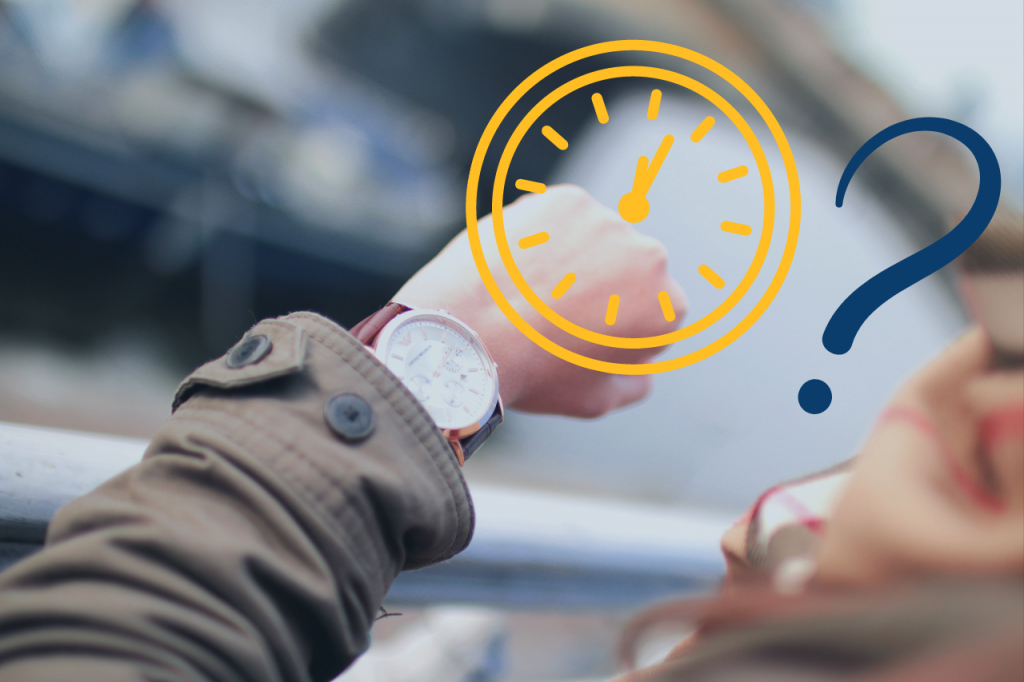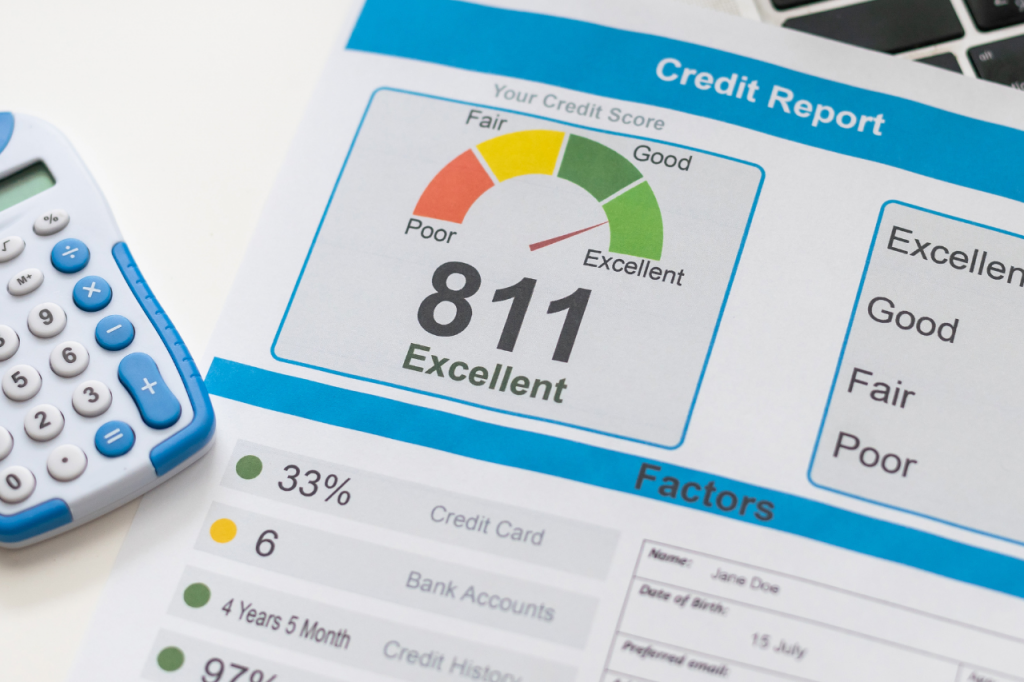Bankruptcy v IVA - Understanding your Debt Relief Options
Struggling with debt is challenging. The good news is that there are solutions available which will solve your debt problems once and for all. A key choice you may be trying to make is Bankruptcy v IVA.
Both of these solutions can resolve your debt issues and provide you with a new financial beginning. But when considering Bankruptcy v IVA, how do you know which to go for?
The following information will guide you through the key features of both.
Bankruptcy v IVA - Choosing the Right Option
When considering Bankruptcy v IVA, it’s vital to understand that both have positive and negative consequences. How important these are to you will depend on your personal circumstances. The amount of debt you owe, your assets, income, and future financial aspirations, will determine whether you decide to go bankrupt or start an IVA.
Before making your final decision about which solution to use, you must always speak to an experience advisor. They will be able to review your situation and explain why either solution would be best for you.
This is where Bankruptcy Guide comes in. The first step to a better financial future is being proactive in addressing your debt. Regardless of whether you decide to file for bankruptcy or an IVA, speak to us so that we can provide you with the professional advice you need.

A monthly payment IVA will normally last for 5-6 years. Bankruptcy lasts just 12 months. As such, on the face of it, an IVA lasts much longer than bankruptcy.
That said if you can afford to make a payment towards your debts after you go bankrupt, you will still have to do so. In these circumstances, although your bankruptcy will still end after 1 year, you have to continue making payments for 3 years. That said, you still pay 2-3 years less than a standard IVA
It is possible to settle an IVA within 1 year, for example, with a one off lump sum cash payment. The Arrangement would then be over more quickly than going bankrupt. However, a sizeable cash lump sum has to be available.
To get a better understanding of the implications of Bankruptcy v IVA for you and which one is most suitable, get in touch with Bankruptcy Guide.

It will always cost you more overall to do an IVA than to go bankrupt. This is because this solution requires you to pay back more of your debt.
Your monthly IVA payments will last 5-6 years. The minimum monthly amount you can pay to make the Arrangement work is £100. As such over the course of 5 years you will repay a minimum of £6000.
In bankruptcy, based on the same monthly payment, you only pay for 3 years meaning you will repay £3,600 – a saving overall of £2,400.
In terms of cost, when considering bankruptcy v IVA, you also have to factor in two other things:
- To go bankrupt you have to pay an upfront fee of £680. There is no upfront fee with an IVA. So taking this into account, the saving in the example above is only £1720.
- However, if you go bankrupt you may not have to make any further monthly payments at all. This would be the case if you have zero surplus income. As such, compared to paying £100/mth into an IVA, you would actually save £5,320 by going bankrupt.


When comparing Bankruptcy v IVA there is no need to worry about your credit rating. The reason for this - you may be surprised to learn – is that both solutions have the same effect on your credit score.
Whether or not you do an IVA or go bankrupt, the credit reference agencies will put a record on your file confirming that you have started either one of the solutions. These records have the same negative effect on your credit rating.
In both cases, the records remain on your credit file for 6 years.
Surprisingly, if you go bankrupt, you can start to repair your credit rating sooner than if you do an IVA. This is because you can start the repair process as soon as you are discharged (after 1 year). However, if you do an IVA, you can’t start repairing your credit file for 6 years.

If you are a home owner, an IVA may well be a better option for you than bankruptcy. This is because with an IVA your property is protected. If you go bankrupt, your property could be at risk.
In an IVA, you do have to try to release equity from your property if possible (normally in the 5th year of the agreement). However, this process is heavily regulated. It is a given that you will be able to keep your home if you start an IVA.
With bankruptcy you are forced to release your share of any equity. If the required funds can’t be raised in any other way, you will have to sell.
As a home owner, you should only really consider going bankrupt if your home is in negative equity, a third party can afford to buy your share of the equity from the OR or you have already decided to sell it.


Regardless of whether you do an IVA or go bankrupt, you are allowed to be self employed. As such, you can’t say that one or the other is best just based on the fact that you work for yourself.
For this reason, when trying to decide whether or not to go bankrupt or do an IVA, self employed people will be influenced by other factors.
That said, there are minor differences if you lease premises or have employees. If you go bankrupt, your landlord and any employees are likely to find out. If you want to avoid this, an IVA may be a better option for you.
Let Bankruptcy Guide Advise You On Bankruptcy v IVA
When considering Bankruptcy v IVA, use a Bankruptcy Guide expert as your go-to resource. Once we better understand your individual circumstances, we will provide you with professional advice tailored to your situation.
We will explain the advantages and disadvantages of each solution for you and assist you in determining which course of action best fits your long-term objectives.
Bankruptcy Guide guarantees that you will get the information and support you need to make the right decisions. This will allow you to take charge of your debt and look forward to a better financial future.